
Ignition | Where ideas ignite, fueling inspiration, leadership & transformation
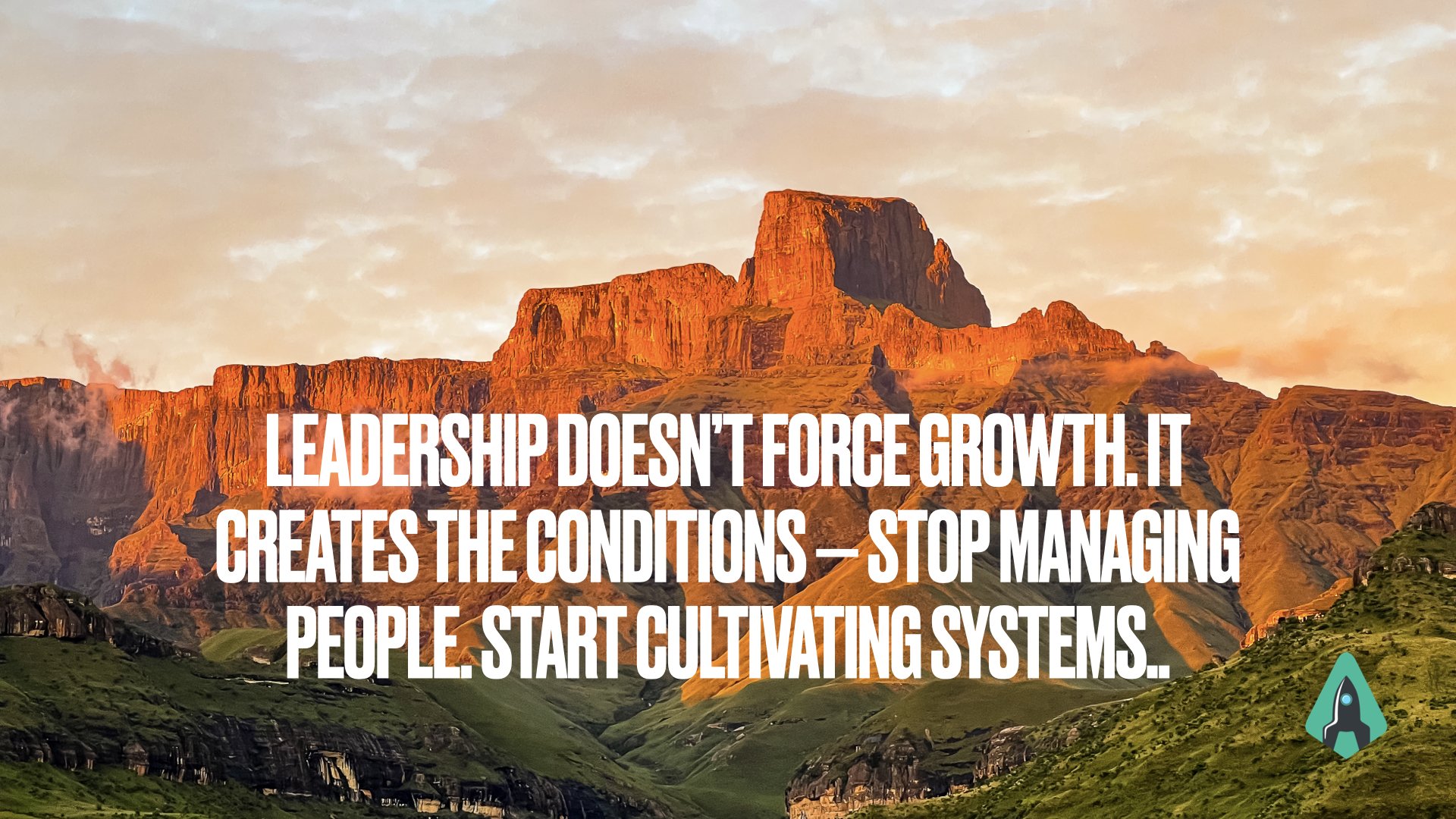
Leadership Is Not Heroic. It’s Horticultural.
The harder leaders try to force growth, the more fragile their organizations become. Drawing on the analogy of a garden, this article challenges the heroic leadership myth and argues for a quieter, more sustainable approach: cultivating systems instead of managing people.

When Pressure Rises, Thinking Shrinks
When pressure rises, organisations often tighten control — and performance may improve briefly. But neuroscience shows that sustained pressure reduces the brain’s capacity for judgement, creativity, and learning. This article explores why protecting thinking, not increasing pressure, is becoming a critical leadership skill.

Heart-Aligned Leadership: Why Leadership Leaves a Biological Footprint
Leadership doesn’t just influence culture — it influences the body. Research on heart-aligned leadership shows that stress, lack of recognition, and unfairness can trigger real physiological reactions, affecting cardiovascular health. The HEART model closely mirrors Seligman’s PERMA framework, revealing that what supports psychological flourishing also protects the heart.
Healthy leadership isn’t soft — it’s biologically intelligent.

The Two Circles That Quietly Shape Our Work: Stephen Covey’s Timeless Insight Through a Modern Lens
We spend our days moving between two invisible circles: the Circle of Concern and the Circle of Influence. One drains energy. The other builds momentum. The difference lies in where we focus. Shift your focus — and feed your Circle of Influence, not your Circle of Concern.
In this article, we explore how Stephen Covey’s timeless concept aligns with modern psychology, leadership research, and team dynamics — and how small, intentional actions can transform the way individuals, teams, and leaders show up at work every day.
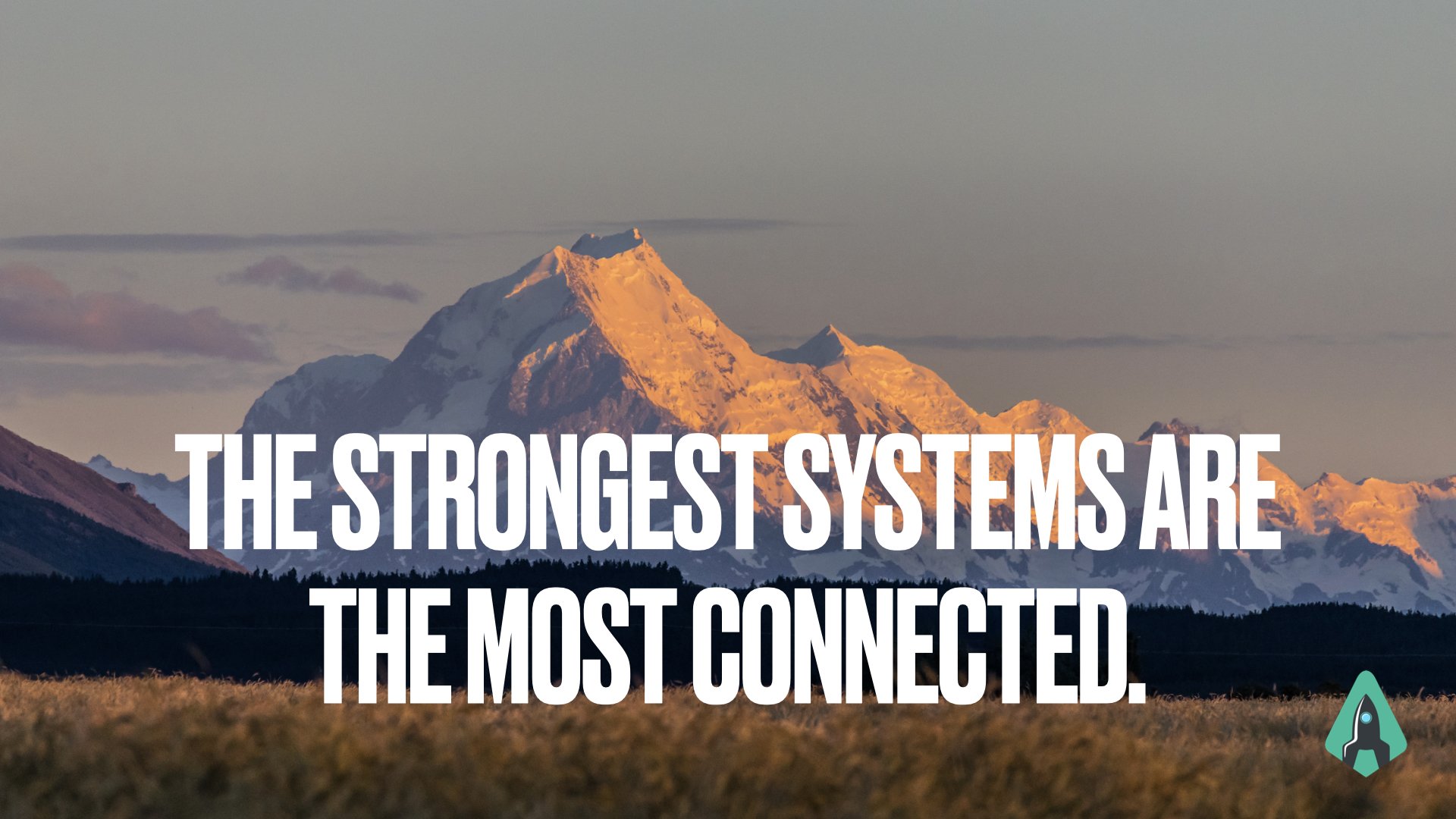
Leadership Isn’t About Being Available 24/7 — It’s About Building Systems That Work Without You
We often glorify the always-on leader — the one who holds everything together.
But if your team can’t move without you, you’re not leading — you’re the bottleneck.
Constant availability isn’t a strength; it’s a symptom of unclear boundaries and missing structures.
Sustainable leadership means replacing dependency with design.
True leadership isn’t about being everywhere.
It’s about building systems that breathe, decide, and move forward — even when you step back.

Focus. Flow. Breath. Stillness.
We often chase productivity by doing more — more meetings, more speed, more output. But performance isn’t about motion; it’s about rhythm.
In this article, explore how focus, flow, and the science of deep breathing can transform not just how we work, but how we lead.
Because in the end, resilience isn’t built in crisis — it’s built in the breath, focus, and stillness before it.
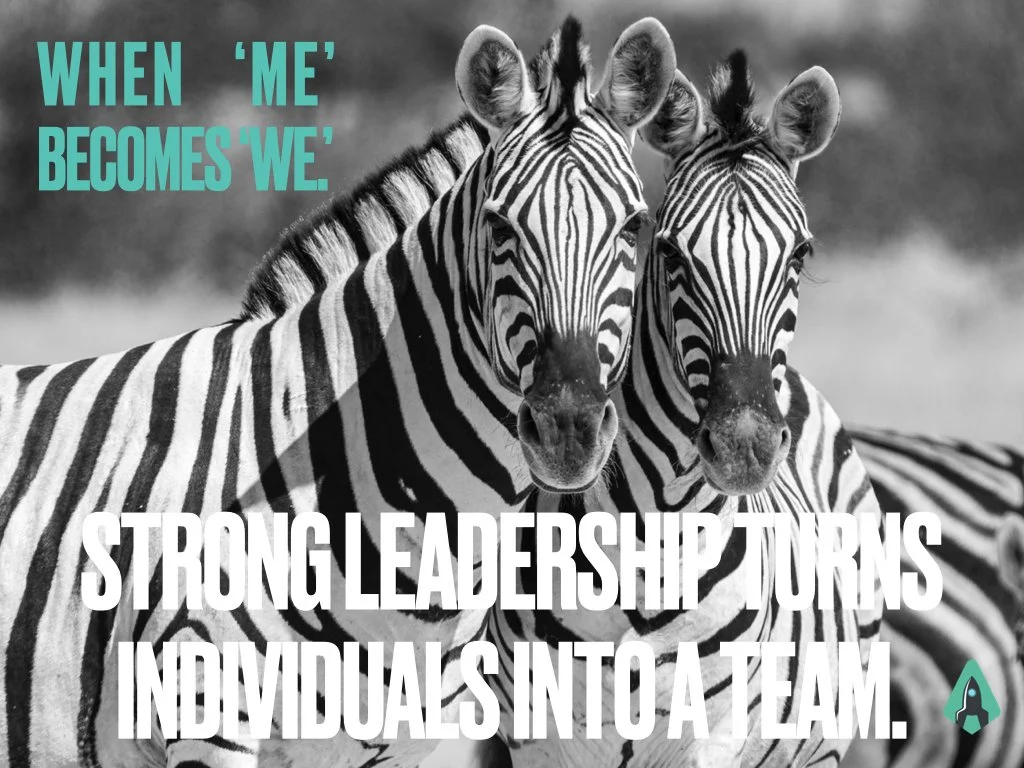
Identity Leadership: Creating a Strong Sense of "We" in Teams
In today’s world of hybrid work and constant change, strong teams aren’t defined by tools or processes — but by a shared sense of identity.
When people feel they belong, they collaborate more, trust more, and stay resilient. Identity Leadership is about creating this “we-feeling” and turning groups into connected, high-performing teams.
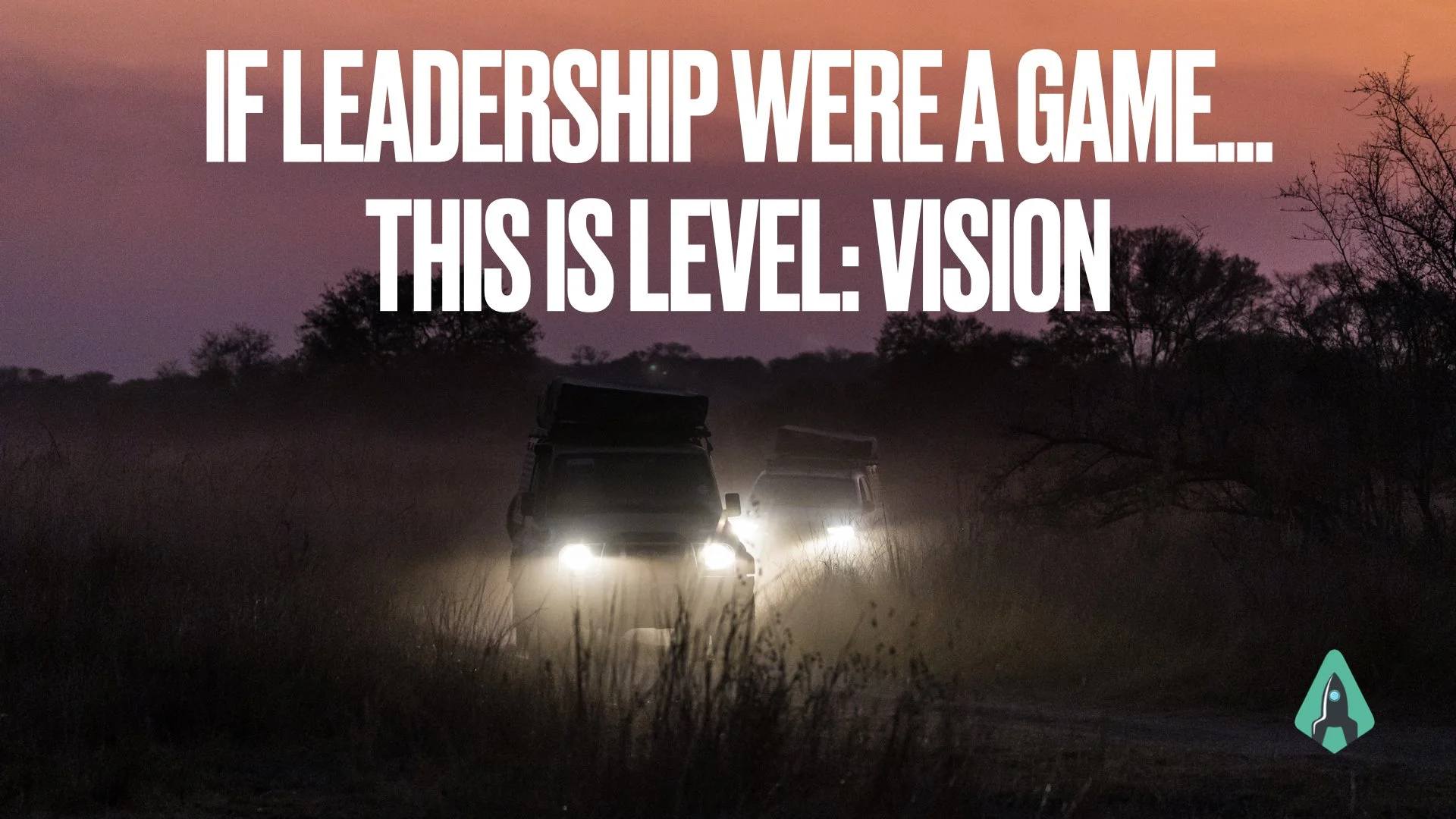
If Leadership Were a Game: How to Level Up as a Leader
What if leadership worked like a game?
Imagine vision as the map, focus as your energy bar, strengths as superpowers, empowerment as multiplayer mode, and contribution as the storyline.
In this post, we explore how leaders can “level up” with practices grounded in research from Gallup, Harvard, McKinsey, and positive psychology.

From Reaction to Growth: How to Deal with Negative Emotions at Work
Negative emotions are part of every professional life — but they don’t have to hold us back.
Instead of suppressing them, psychology shows us how to transform them into signals for growth. From reframing emotions and situations to creating distance, labeling feelings, and weaving in positive associations — these strategies can turn discomfort into momentum.
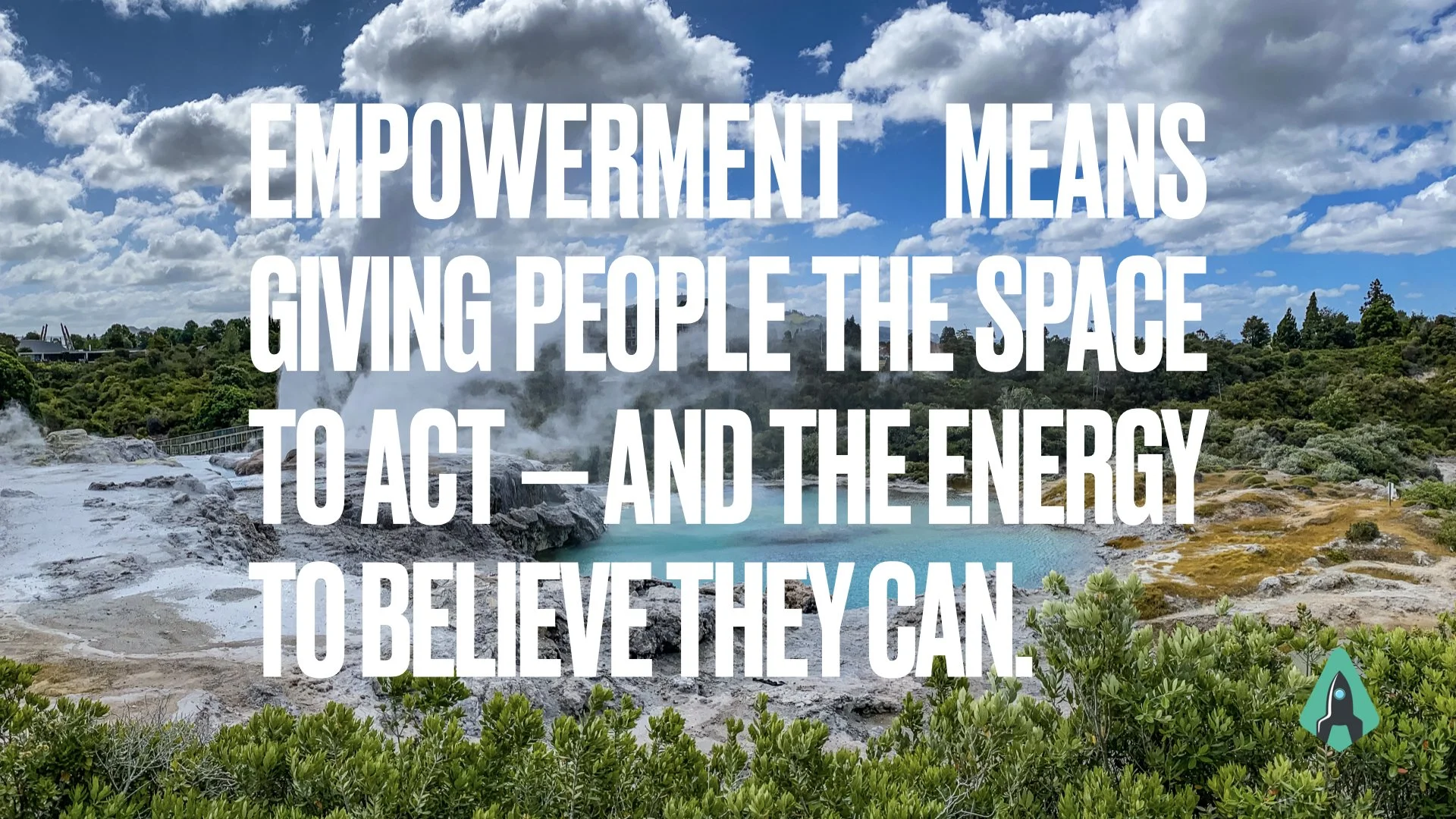
Empowerment Begins Where Control Ends
Empowerment is more than a leadership buzzword — it’s a system that spans structures, teams, culture, and individual mindset.
In this article, we explore why true empowerment requires more than good intentions, and how organizations can create the conditions where people have both the power to act and the energy to believe they can.
